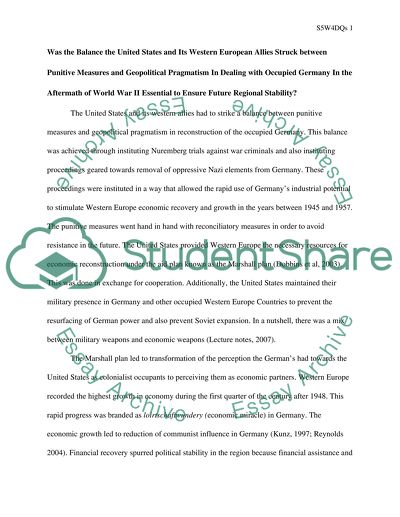S5W4DQs Assignment Example | Topics and Well Written Essays - 500 words. Retrieved from https://studentshare.org/history/1612077-s5w4dqs
S5W4DQs Assignment Example | Topics and Well Written Essays - 500 Words. https://studentshare.org/history/1612077-s5w4dqs.


